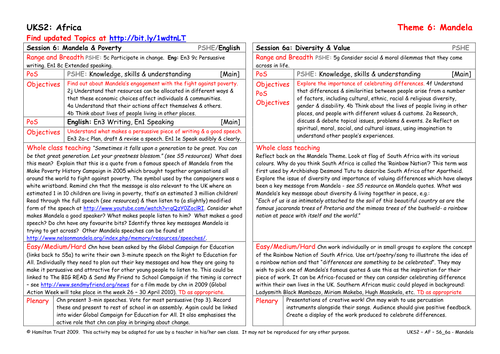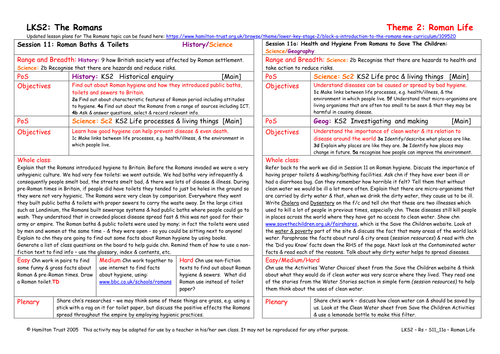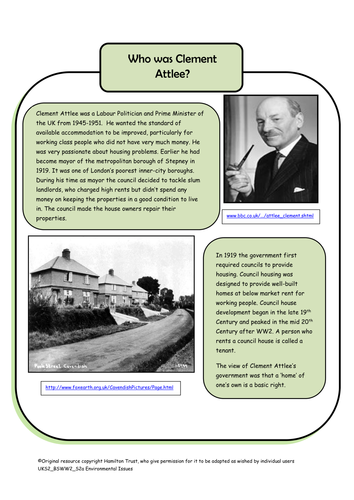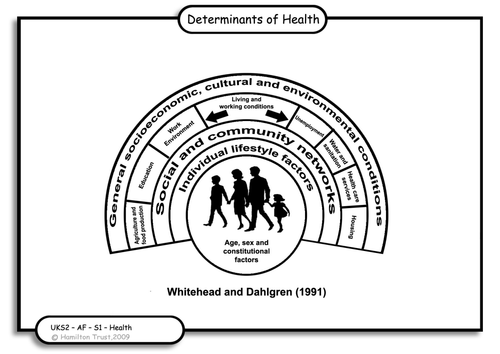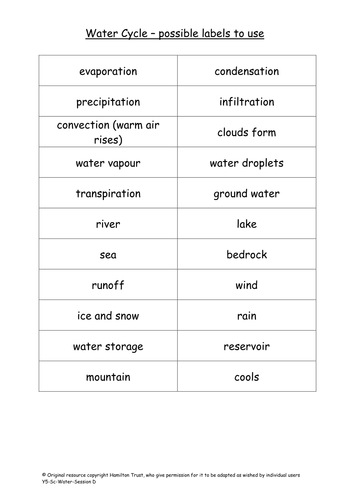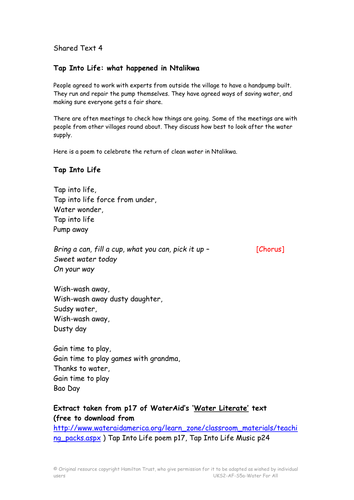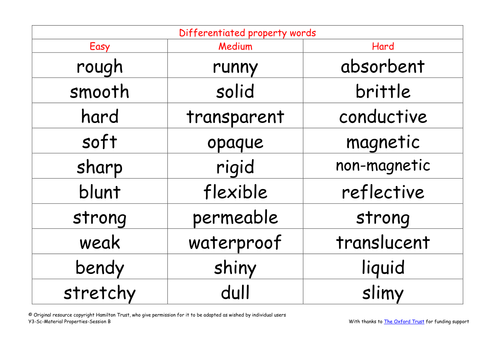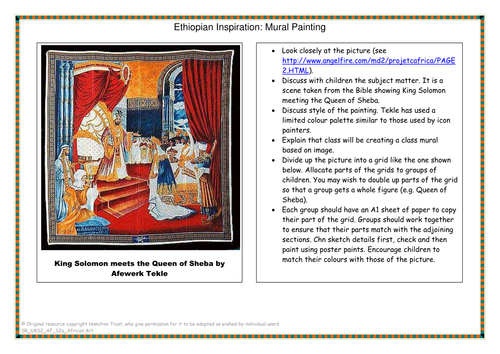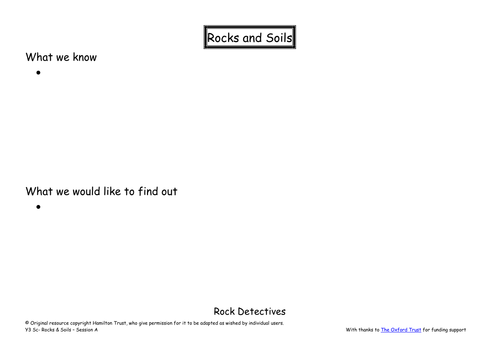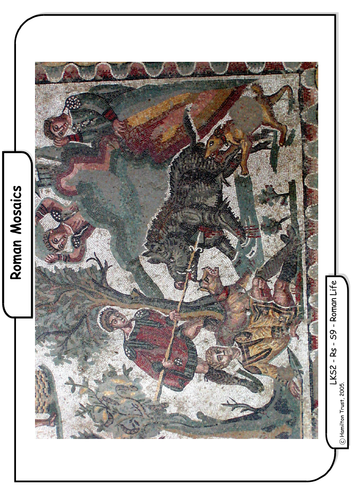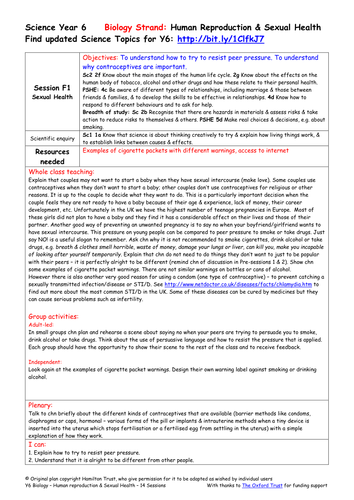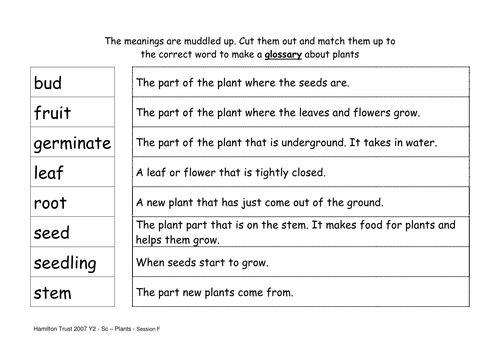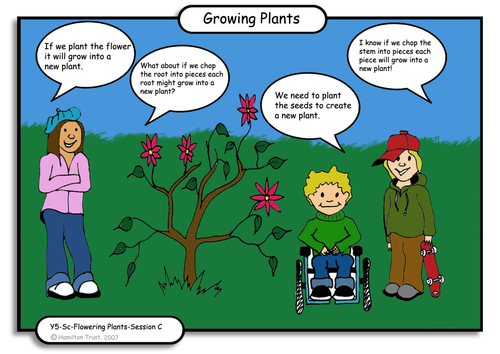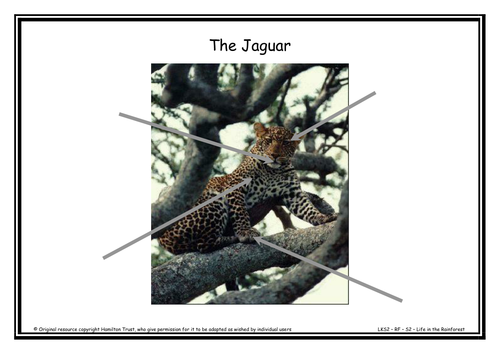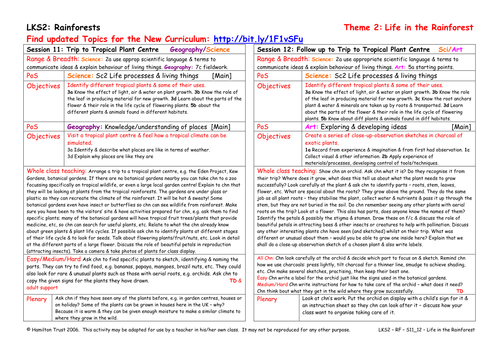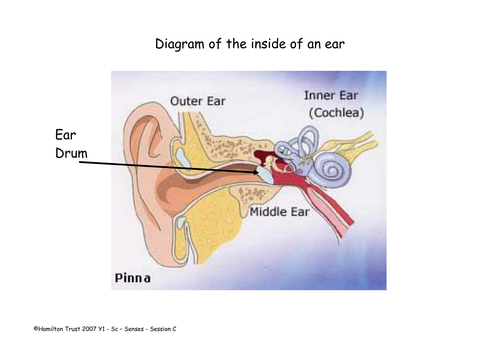
397Uploads
10041k+Views
11644k+Downloads
Cross-curricular topics

School's Out!
What do children do when they are not in the classroom? At playtimes, evenings and weekends? Discuss sport, games and hobbies. Write instructions for a playtime game or making a craft object to send to their link school friends. Try an African game or craft.
Suitable for years 5 and 6.

Earth, Moon and Sun
The world is in their hands in this session along with the Moon and the Sun! Children create drawn scale models of each and use a trundle wheel to measure scaled distances between them.
Suitable for Year 5 pupils.

Diversity and Value
Through artwork/ poetry/song the significance of the ‘Rainbow nation’, and of valuing diversity, is celebrated.
Suitable for years 5 and 6.

Magnetic Attraction and Repulsion
Following session 7, children look at which types of material are attracted by magnets and which are not. Using an experimental approach, they also investigate the two magnetic poles on a magnet and what happens when like is placed against like, etc.
Suitable for years 3 and 4.

Roman Baths & Toilets
In this session children look at how the Romans improved hygiene arrangements across the empire by providing clean water and drains for sewage. Children investigate Roman toilets and baths, and discuss the positive effects of these innovations.
Suitable for years 3 and 4.

Council Houses
Children recognise the need for affordable social housing. Groups discuss different forms of affordable housing – council houses, tower blocks, housing associations, prefabs.
Feedback to class with pros and cons and decide which would be most useful after a problem.

Effects of Human Land Use
Children read the description of a fictional tourist town, they consider the way the town is dependent upon the tourist industry that surrounds the Coral Lake.
A proposed new bylaw aims to change things – what effects will this have? Children hold a town meeting.

Life Chances
Use the life chances game to explore how your chances of being healthy and living a long life, depend upon where you live in the world. A focus on Africa.
Suitable for years 5 and 6.

Water cycle
Children explain how evaporation and condensation are involved in the water cycle and describe all the water cycle processes. Identify the different forms of water that are seen in various weather conditions and the different clouds that are seen in our skies.
Suitable for Y5 pupils.

Tap Into Life
Time to celebrate water! Children use the Oxfam online water photo-montage and Water Literate’s ‘Tap Into Life’ poem set to their provided music, to both prepare a performance and write their own celebratory poems with percussive backgrounds.
Suitable for years 5 and 6.

Everyday uses of materials
Make a water container out of a paper towel to get children thinking about the importance of understanding material properties. Look closely at some great new vocabulary to describe materials and make a large glossary for the classroom.
Suitable for Y3 pupils.

Ethiopian Inspiration
Think big and create a class mural based on the work of Afewerk Tekle.
Children work collaboratively to plan and paint a mural with a biblical subject in the same style as Tekle.

Rock detectives
Revisit vocabulary about properties of materials. Explore ‘what we know’ and ‘what we would like to know’. Go for a walk to identify how materials that come from rocks are used around the school.
Suitable for Y3 pupils.

Researching Roman mosaics
Children research the internet and non-fiction texts and look for information about Roman mosaics. They talk about the images that Romans used in creating these, and then use a software package to create their own mosaics. Some chn do further research.
Suitable for years 3 and 4.

Sexual health
Session 1 - Have discussion about contraceptives as a way of preventing an unwanted pregnancy, but also explain that they can help protect against sexually transmitted infections and diseases. Use drama to practise saying no to peer pressure for smoking, alcohol or drugs. Children design warning labels.
Session 2 - Discuss one sexually transmitted disease / infection in more detail – HIV / Aids. Ensure children understand difference between having the virus and the syndrome. Watch a video by children living with an HIV mother and discuss stigma involved with HIV / Aids. Look at statistics and discuss Memory Books and World Aids Day.
Suitable for Y6 pupils.

Collate findings
Finish the investigation started in Session B. Use the results to try and answer the questions about what plants need.
Match vocabulary to meanings to make a glossary. Assess what has been learnt.
Suitable for Y2 pupils.

Seed dispersal
Some seeds rattle, some roll, others are just bursting out all over the place! Children discover that plants disperse many seeds in different ways, what clues do their sizes, shapes, weights and textures give us about how they spread?
Suitable for Y5 pupils.

Adaptations of life in the Rainforest
The rainforest ecosystem is one of the oldest on the planet. Animals living there have adapted to suit their habitat. Children find out more about animals who use camouflage, sharp claws, long beaks or tails to survive in the jungle.
Suitable for years 3 and 4.

Trip to Tropical Plant Centre
In this session children get up close and personal with tropical plants on a visit to a botanical garden, zoo or even a large garden centre. Children find out more about conditions for growth and the life cycles of different plants.
Suitable for years 3 and 4.

Explore hearing
Discuss how sound enters the ears and the information is passed to the brain. Investigate the sounds animals make and why; relate to animal treatment. Activity to help children discriminate sounds in a group. Draw animal pictures and label with the sounds they make.
Suitable for Year 1 pupils.



